Sie nannten ihn Amigo
They Called Him Amigo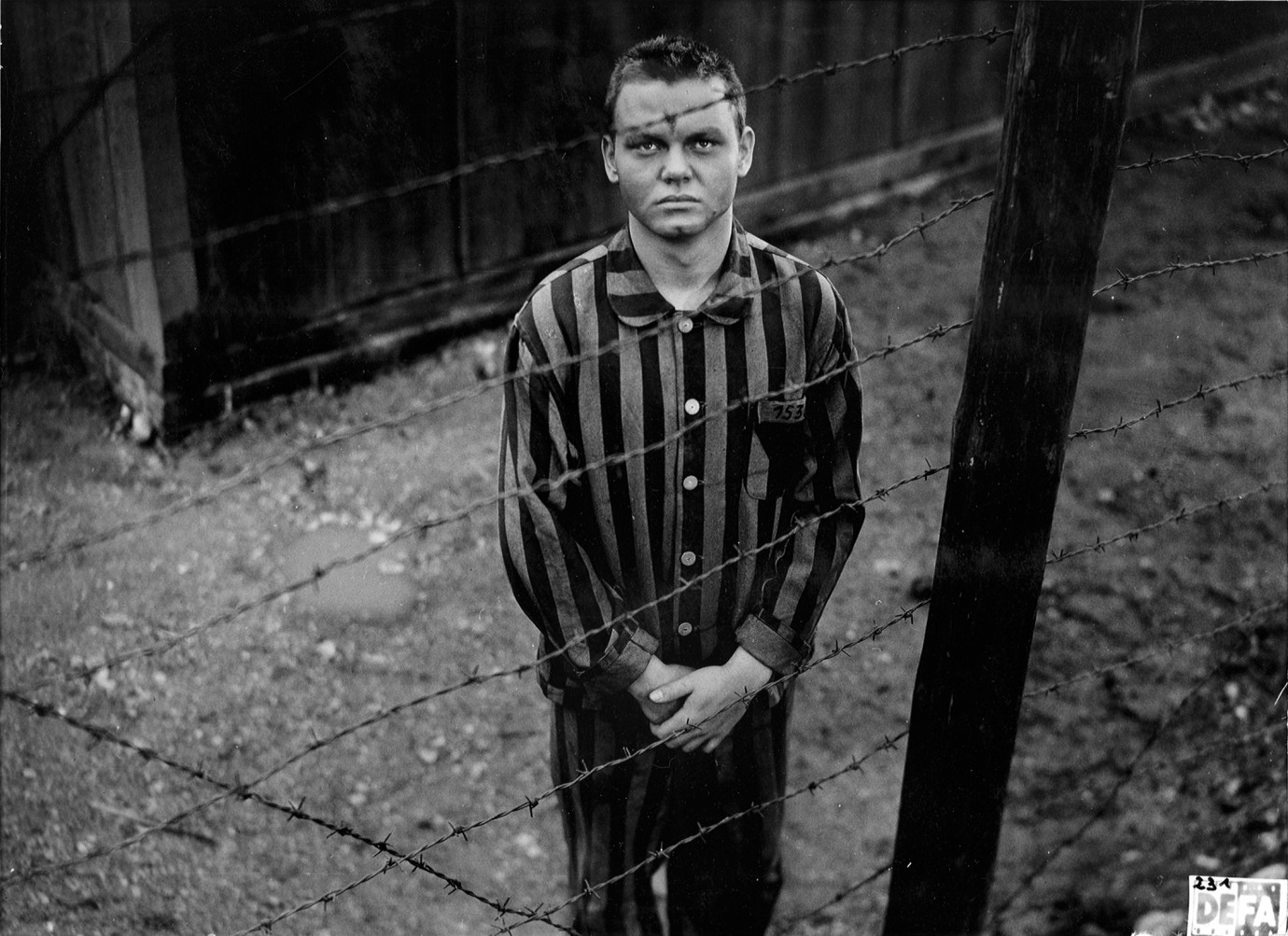

Georg Schwill
Sie nannten ihn Amigo | They Called Him Amigo by Heiner Carow
DDR 1958, Panorama
© Hans Bernd Baxmann / DEFA-Stiftung
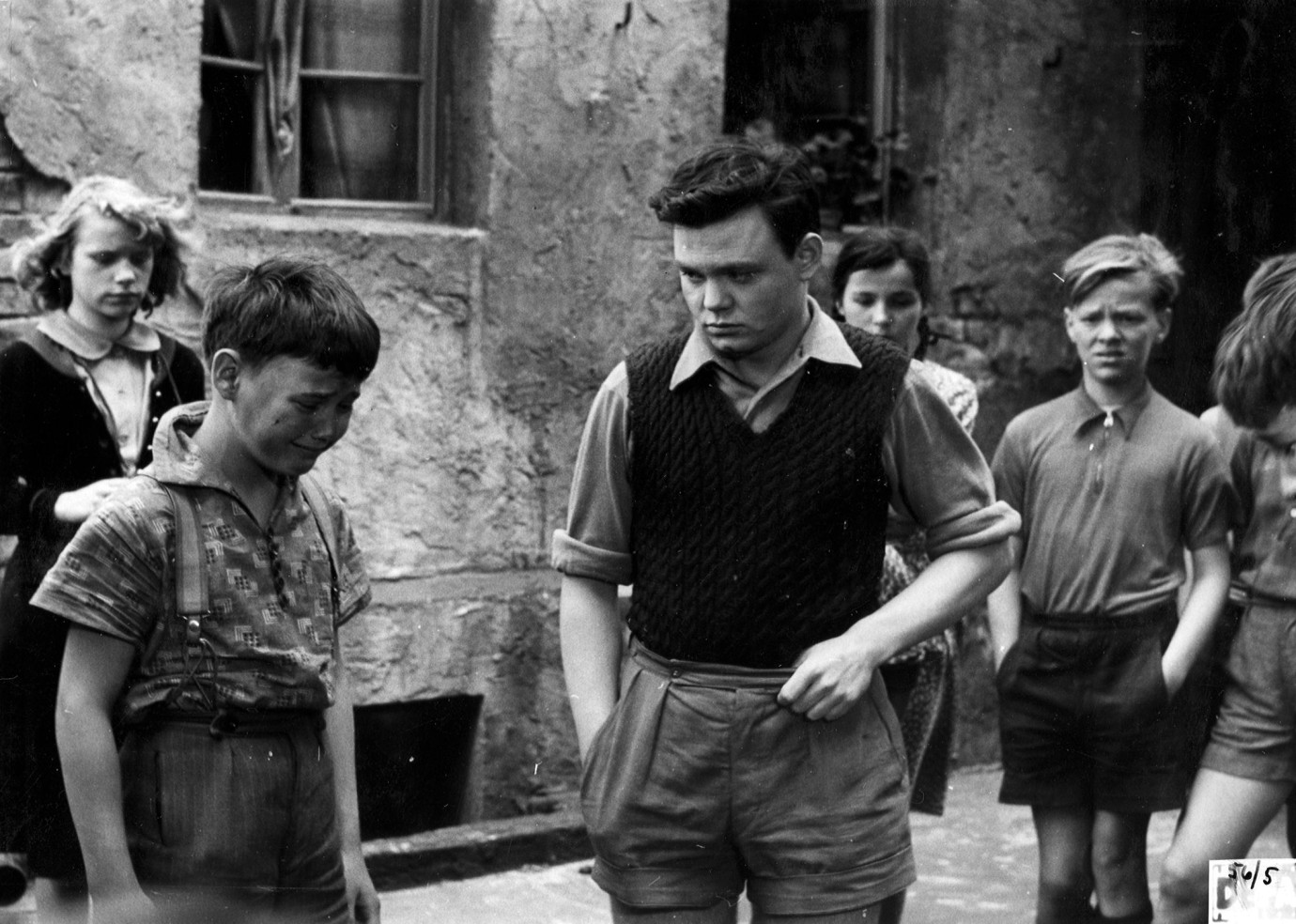
Bernd Trewendt, Georg Schwill
Sie nannten ihn Amigo | They Called Him Amigo by Heiner Carow
DDR 1958, Panorama
© Hans Bernd Baxmann / DEFA-Stiftung
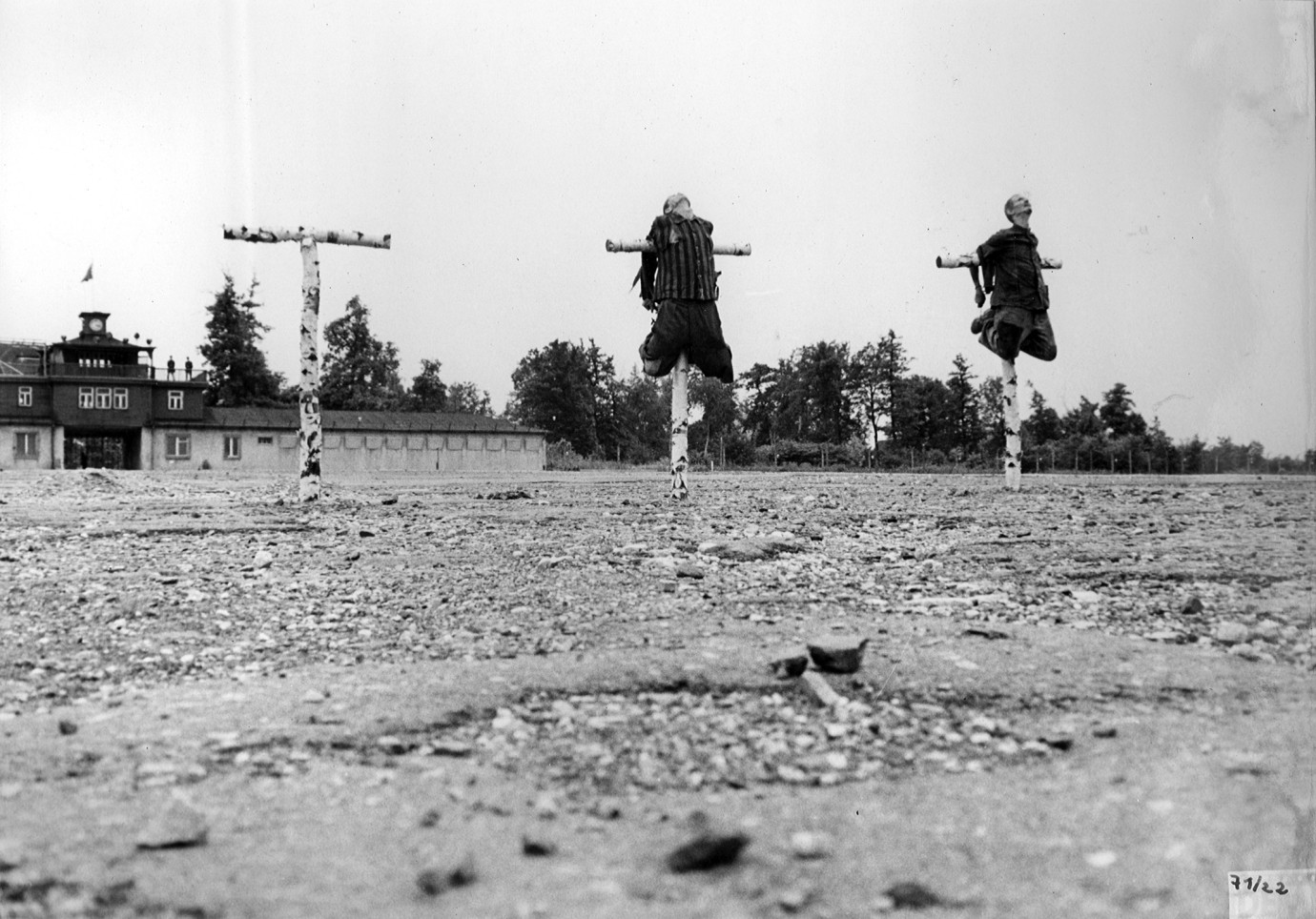
Sie nannten ihn Amigo | They Called Him Amigo by Heiner Carow
DDR 1958, Panorama
© Hans Bernd Baxmann / DEFA-Stiftung
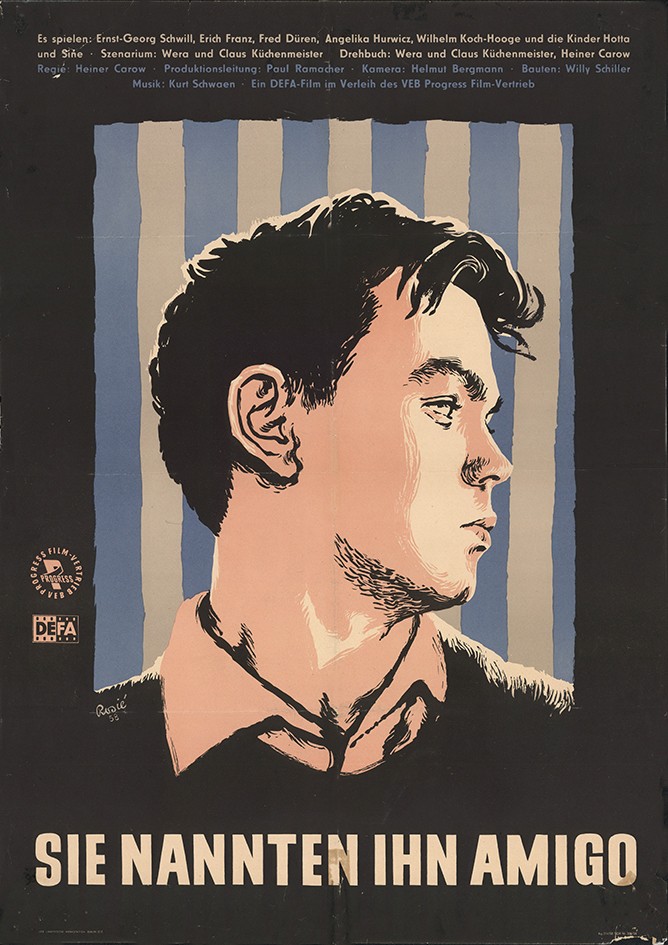
Sie nannten ihn Amigo | They Called Him Amigo by Heiner Carow
DDR 1958, Panorama
Sie nannten ihn Amigo (They Called Him Amigo) is being screened on the occasion of the presentation of the 2019 Heiner Carow Prize. Since 2013, this award, sponsored by the DEFA Foundation, has been bestowed on a German documentary, feature or essay film screening in the Panorama section. This year’s jury members are Henrika Kull (filmmaker and producer), Maren Liese (from the legal department of the DEFA Foundation) and Pierre Sanoussi-Bliss (actor and director).
This film is shown with German subtitles for the hearing-impaired and with German audio description. German sign language interpretation and German audio description is provided for the ceremony. No English subtitles are provided for this screening.
With
- Ernst-Georg Schwill (Rainer „Amigo“ Meister)
- Fred Düren (Peter „Pepp“ Grosse)
- Erich Franz (Vater Sinewski)
- Angelika Hurwicz (Marta Meister)
- Wilhelm Koch-Hooge (Walter Meister)
- Dietmar Simon (Axel „Sine“ Sinewski)
- Bernd Trewendt (Horst „Hotta“ Meister)
- Peter Kalisch (Gestapo-Man I)
- Heinz Schröder (Gestapo-Man II)
- Heinz Schubert (Gestapo-Man III)
- Hans Klering (Gasman)
- Siegfried Fromm (Railworker)
Crew
| Director | Heiner Carow |
| Screenplay | Heiner Carow, Claus Küchenmeister, Wera Küchenmeister |
| Dramaturgy | Eleonore Schmidt-Schwarze |
| Cinematography | Helmut Bergmann |
| Camera Assistant | Peter Süring |
| Editing | Ilse Peters |
| Music | Kurt Schwaen |
| Sound | Werner Klein |
| Production Design | Willy Schiller |
| Costumes | Dorit Gründel |
| Make-Up | Hanns Wosnik |
| Assistant Director | Hanna Georgi |
| Production Manager | Paul Ramacher |
World sales
Stiftung Deutsche Kinemathek – Museum für Film und Fernsehen
Produced by
DEFA-Studio für Spielfilme
Heiner Carow
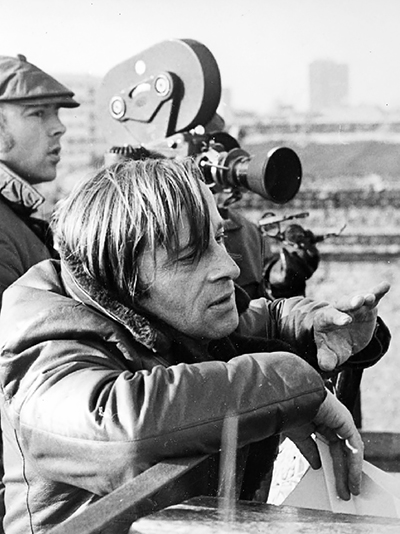
Born in Rostock in 1929, he died in Berlin in 1997. At 21 he joined the directing class at the DEFA training school in East Berlin. Following numerous short documentaries, he transferred to the DEFA feature film studio. He directed successful children's and youth films and, from the 1970s, feature films for adults. Die Legende von Paul und Paula (1972/73) became his greatest success. He won the Silver Bear at the 1990 Berlinale for Coming Out.
Filmography
1953 Ein Schritt weiter; short documentary 1954 Dorf im Herbst; short documentary · Der Strukturbohrer [Jg.1954 / Folge 06]; short documentary, co-director: Alfred Siegert, Lothar Devaal · Die Wette gilt; short documentary · Forschen und Schaffen. Folge VI; short documentary, Co-director: Alfred Siegert, Lothar Devaal 1956 Martins Tagebuch; short documentary 1957 Sheriff Teddy 1959 Sie nannten ihn Amigo 1960 Das Leben beginnt 1961 Mongolia; documentary 1964 Die Hochzeit von Länneken 1966 Die Reise nach Sundevit 1968 Die Russen kommen; Forbidden film, premiere in 1987 1971 Karriere 1973 Die Legende von Paul und Paula 1975 Ikarus 1978 Bis daß der Tod euch scheidet 1989 Coming out · Zweiradshow; short documentary, co-director: Jürgen Voigt 1992 Verfehlung
Bio- & filmography as of Berlinale 2020